The symbolism of Venezuela's collapsed bridge
By Aleksander Boyd
London 19.03.06 | In its heyday the bridge communicating Venezuela's capital city with the country's main port and airport was heralded as one of the most important infrastructure proyects of the planet (see below). Back in the days when Military Juntas, of lesser financial muscle, did think about the country's progress, technically challenging infrastructure projects of importance occupied the time, mind, energy and resources at the disposal of those governing. The bridge, projected in 1950, was finally inaugurated in 1953. It was a huge achievement for Venezuela; a bridge to the future, through which dreams, technology and progress would come, thusly integrating rural Venezuela with the modern world.
From 1953 till 1998, perhaps with the exception of dictator Marcos Perez Jimenez who although corrupt left an infrastructure legacy that survives to this day, a succession of corrupt and utterly inefficient administrations neglected this important route, perhaps having forgotten that successful integration to the concert of nations necessitated of roads in working order. Instead of building bridges, administrations of the country were in fact too immersed in the pre-viaduct rural mentality, which, needs be stressed, never dared cross the bridge. In came Hugo Chavez in 1998. With him an inordinate amount of oil-generated income. But being living example of that pre-progress mentality that pervades rural Venezuela, no attention was ever dispensed by him to the maintainance of the bridge to the future.
Today the bridge has collapsed, cutting the only access to modernity, to progress. The fallen bridge however is symbolic of the current state of Venezuela vis-a-vis the rest of the world. Hugo Chavez built a bridge to Havana; a second to the FARC-controlled mountains of Colombia; the third to the Foro de Sao Paulo HQs and then another to Tehran, the rest he burnt.
As revolutionary flames consume the remaining bridges, Venezuela somewhat becomes an island, and its thrown back 53 years in time to rural Venezuela, when caudillos governed the country as their personal haciendas.
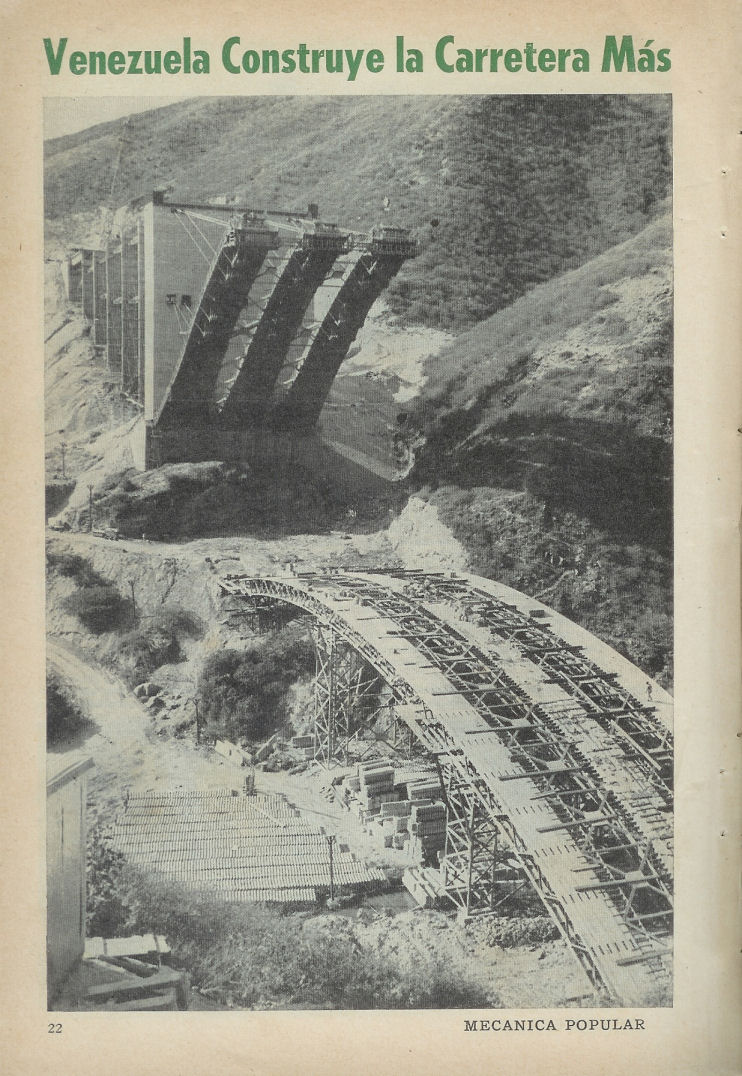
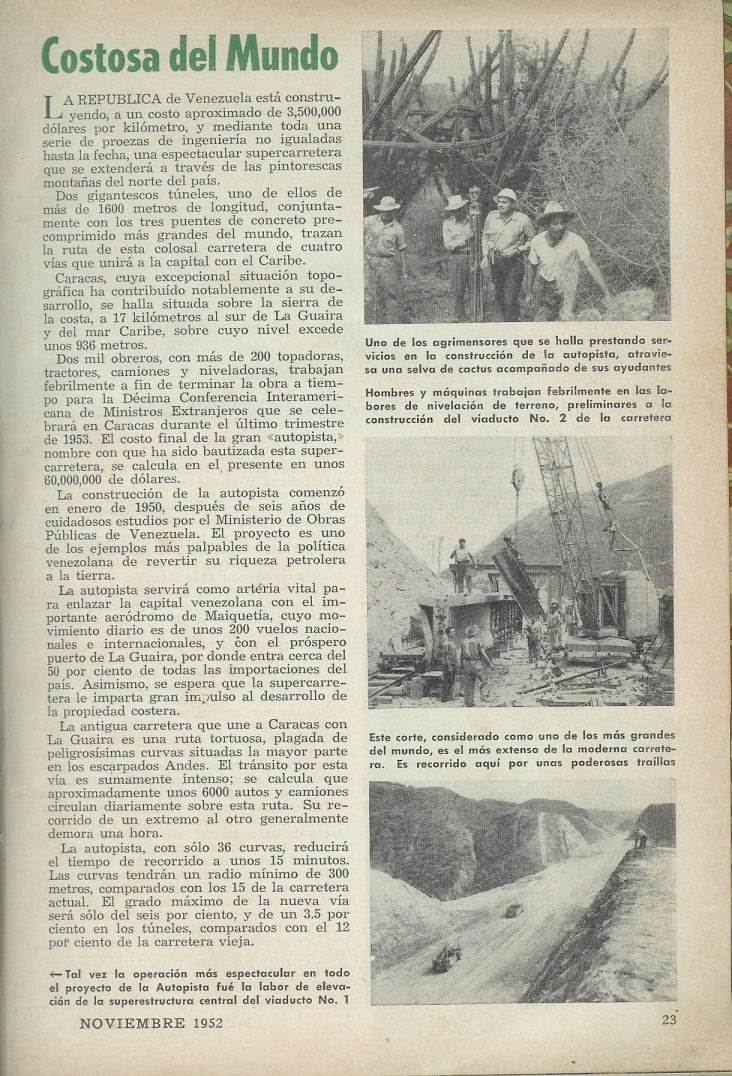
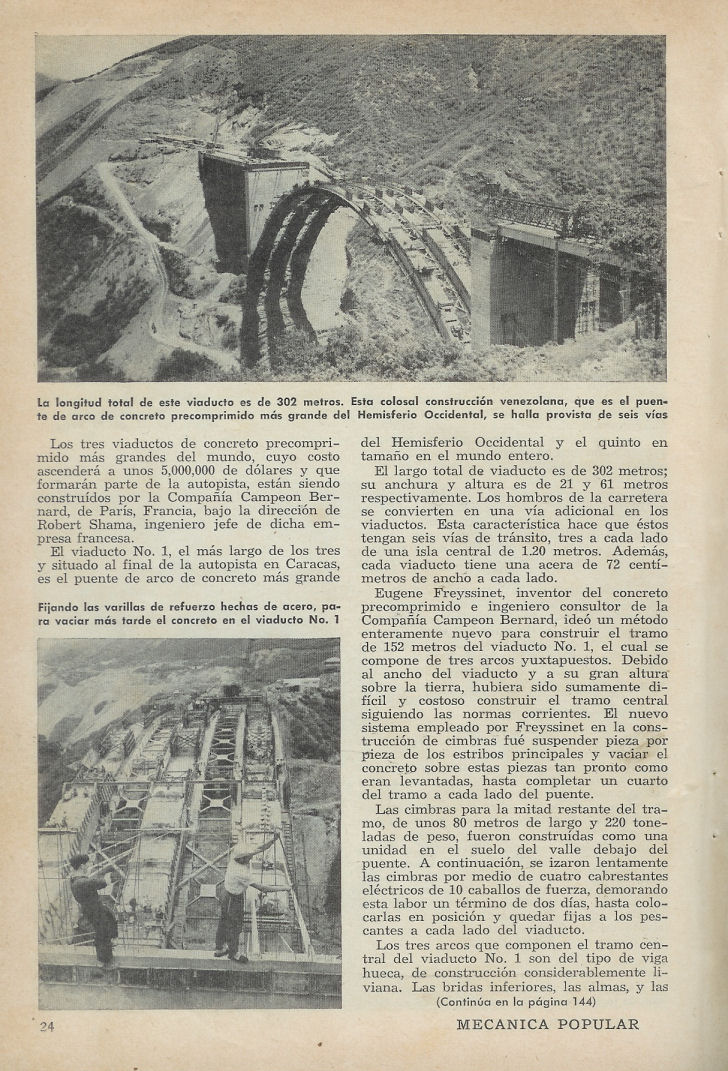
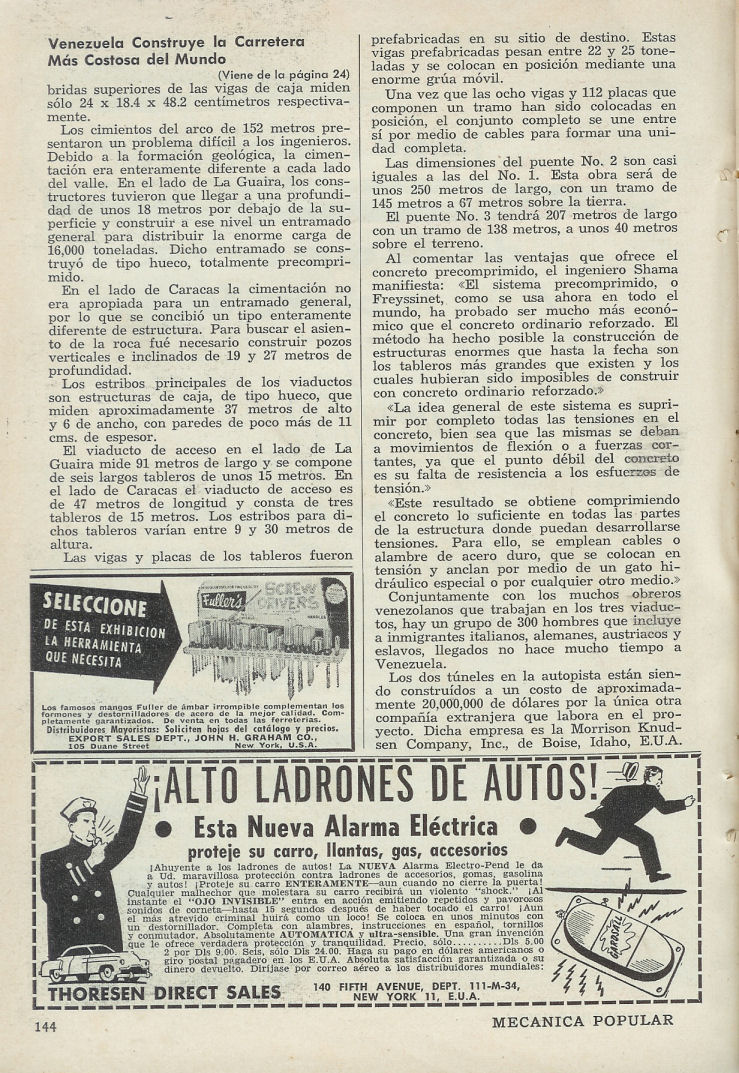
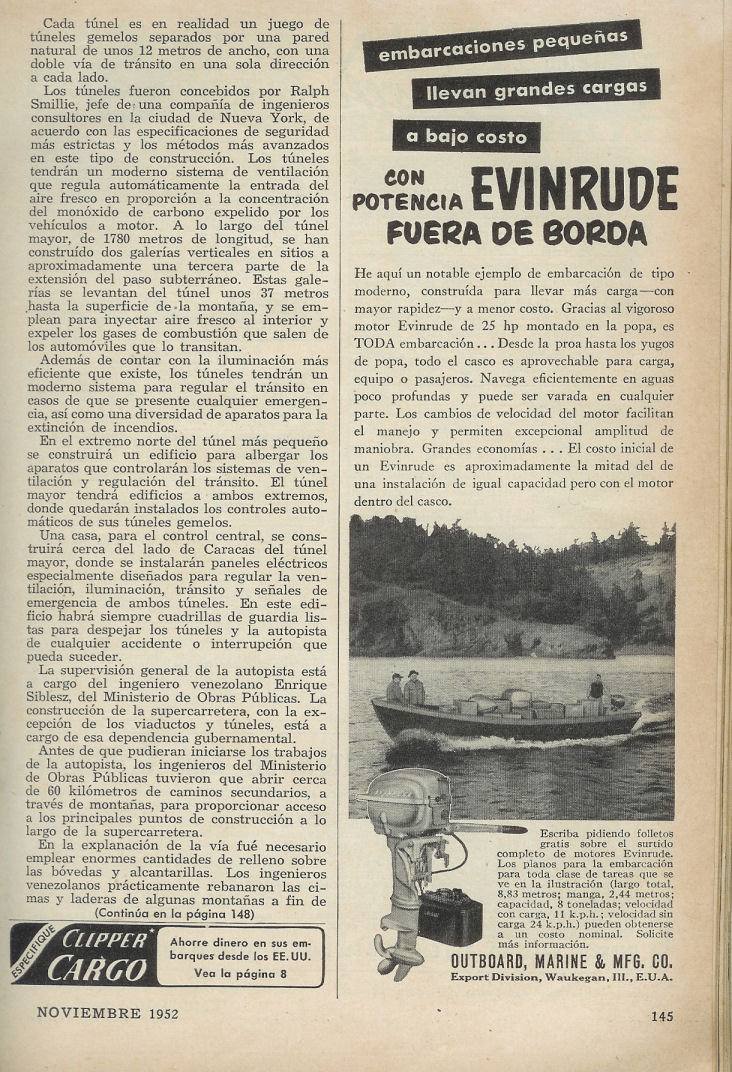
send this article to a friend >>
